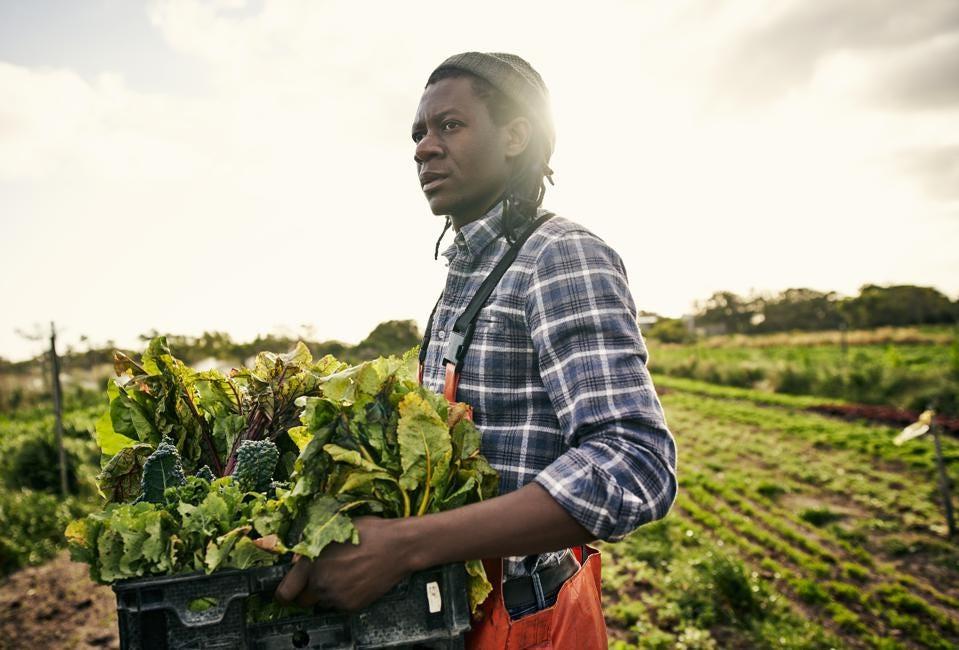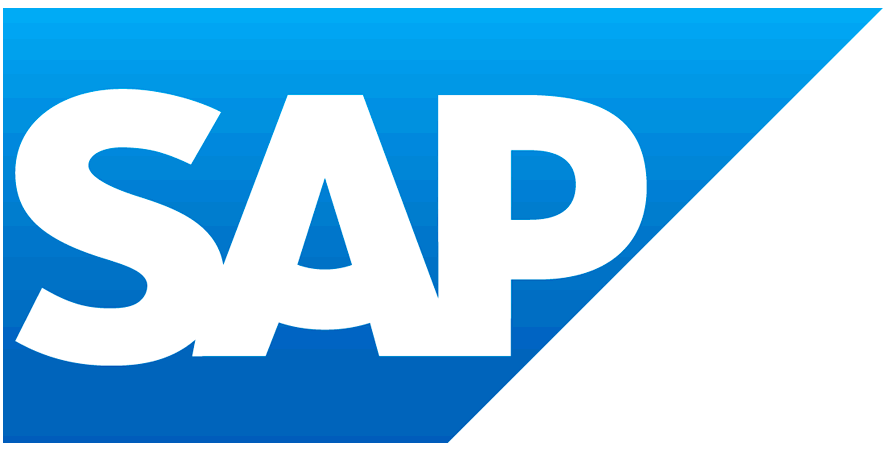COP27: Sustainable Business Can Drive Economic Prosperity In Southern Africa
By Susan Galer

The 27th UN Climate Change Conference of Parties (COP27) was held in Egypt this year, raising some interesting questions about the relevancy of sustainable business to African organizations and communities. Many people in this region view sustainability as an exported Western and European problem, created elsewhere but unfairly burdening Africa, which has contributed far less to climate change. Specific to countries in the Southern African Development Community (SADC), mining, utilities, agriculture, and tourism are among the leading industries grappling with immediate problems such as infrastructure gaps, unskilled workers, crime, and social equity. Rising environmental regulations can pale in comparison.
“Our customers in Southern Africa are well aware of ESG mandates, and may or may not have plans to meet their goals. Yet they often see people’s daily survival as a more immediate concern – and rightly so,” said Cyril Rathogwa, senior solution advisor for procurement at SAP Africa. “However, organizations don’t have to prioritize sustainability against organizational growth and profitability. Sustainable business will drive economic prosperity.”
Business network builds sustainable supply chains
Regardless of a company’s geographical location, sustainability doesn’t automatically cancel out profits and growth. Indeed, sustainable business operates with the greatest efficiency, connecting data across the organization so people can make more informed decisions, act faster to prevent supply chain disruptions, and keep employees engaged for the highest levels of productivity. It’s not an either/or choice.
“Consider the value of a Business Network where organizations of all sizes can discover and obtain services from trusted suppliers anywhere, including marginalized communities,” said Rathogwa. “With data transparency, larger companies can identify local trading partners to mitigate risk and potential disruptions along the supply chain. They can also prove compliance with sustainability mandates. These partnerships help smaller suppliers develop their business too, improving the quality of life for people and economic conditions in rural communities.”
Southern Africa redefines sustainable innovation
Just as Africa consists of separate countries with diverse business demands, organizations in Southern Africa approach innovation in different ways. Sustainable business in Southern Africa is centered around innovations to alleviate poverty and build a more inclusive society with educated and employable people who can participate in a digital world with expanded business opportunities. Some financial services companies and telecommunications providers are at the forefront of inspired creativity, bringing digital products and services to previously underserved people in remote, rural communities. Government agencies tend to be focused on automating basic citizen services. It’s important to meet organizations where they are.
“We are seeing tremendous innovation from organizations of all sizes that are creating solutions on the SAP Business Technology Platform (BTP),” said Rathogwa. “They can localize offerings for customers based on country-specific sustainability mandates, while gaining exposure for their products and services. This increases their market opportunities with state-owned and private sector enterprises.”
Sustainability’s relevancy to Southern Africa
The cascading impact of climate change is palpable everywhere in Africa. The drought in South Africa continues to create life-threatening water shortages. Extreme weather like the unusually intense seasonal rains that have drenched West and Central Africa this year are affecting millions of people and submerging farmlands with serious consequences for food supplies across the continent, including Southern Africa.
“Carbon taxes alone won’t address climate change imperatives. We need solutions that help organizations reduce and eliminate carbon emissions in the first place,” said Rathogwa. “Communities need strategies to help people sustain viable livelihoods so they aren’t driven to poaching animals or polluting the environment as a way to earn a living. This is where technology has a huge role to play.”
One example is SAP’s partnership with Elephants, Rhinos & People (ERP), a non-profit organization that prevents poaching threats by using SAP technologies to capture and analyze images from drones and GPS collars on animals. ERP works with poverty-stricken communities that share their land with wildlife. By building sustainable economic engines for rural communities in areas adjacent to threatened species, ERP provides non-lethal alternatives to poaching as a source of community income. Rathogwa pointed out that animals are critical to Southern Africa’s tourism industry, as well as the quality of the environment for people who live there.
Balancing economic survival with climate change urgencies
Carbon emission and other sustainability regulations are all well and good, but only when accompanied by accurate reporting and rigorous accountability.
“Contrary to assumptions that protecting the environment is somehow a luxury that African industries cannot afford, organizations in SADC need a more holistic approach that balances economic survival in large metropolitan locations with the downstream impact on the environment,” said Rathogwa. “Eventually sustainability impacts everyone, including people in rural communities. We have so much to protect on this continent that we love.”

